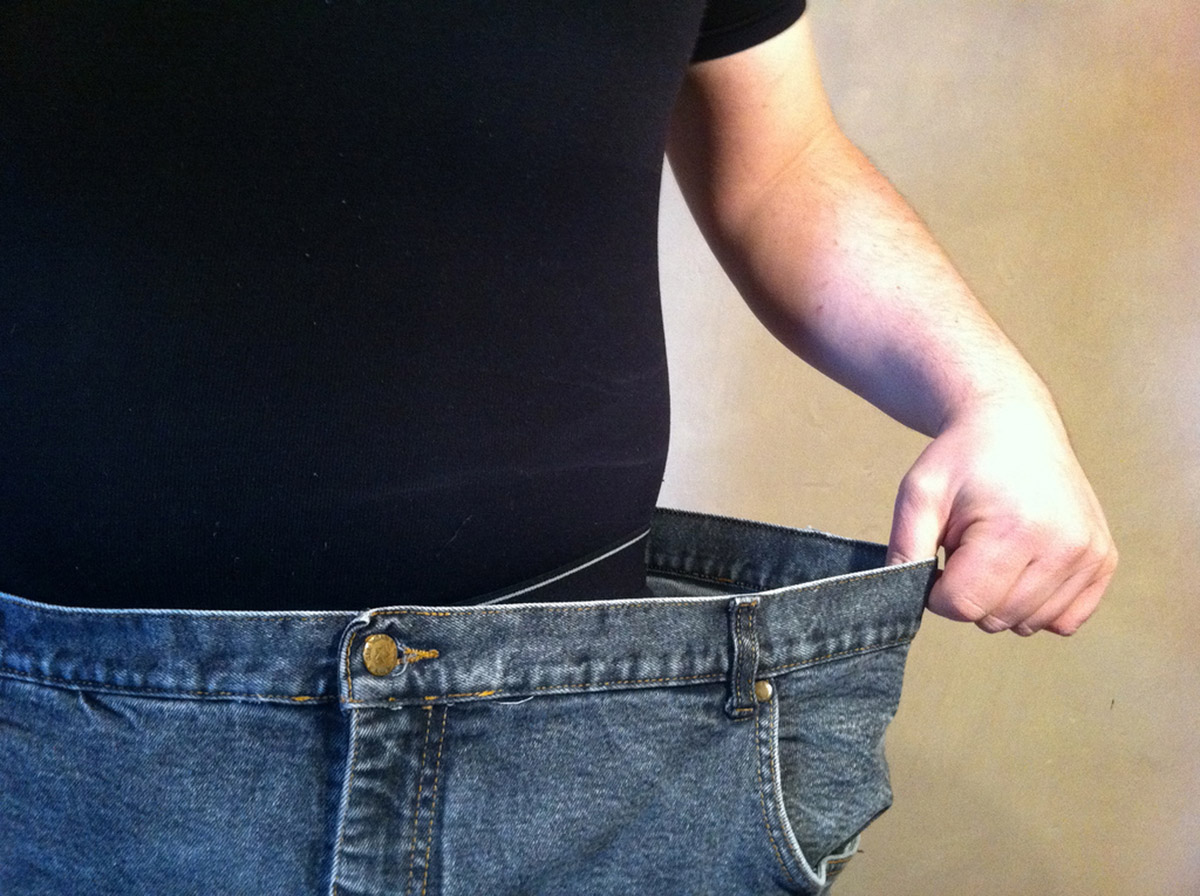Table of Contents
After you take magnesium for a few days, of course, it no longer has a laxative effect. This relatively fast weight loss effect ends. However, taking as little as 400 mg (never more than 1000 mg) of magnesium supplements per day can trigger a variety of weight loss effects over a period of weeks to months.

1. Magnesium fights inflammation.
Up to 30% of "belly fat" actually isn't fat at all. It's a mass of white blood cells, inflamed tissue, and water. Magnesium reduces inflammation, which dampens the "homing signal" for white blood cells that get caught in the tiny blood vessels between fatty tissues, and slowly reduces the waistline even without fat loss.
2. Magnesium helps muscles burn fat.
Magnesium and vitamin E are essential to the formation of hexokinase, an enzyme the body uses to burn fatty acids. You still have to get exercise, and consume fewer calories than your body burns, to lose weight, but the combination of magnesium and vitamin E can help your body burn more fat.
3. Magnesium helps dieters avoid nervous eating.
Magnesium has a calming effect on the central nervous system. It reduces the pain signals that drive appetite, and slows down the search for extra food.
4. By reducing insulin resistance, magnesium makes it easier for fat cells to release fat.
Fat cells convert extra calories into stable forms that don't release free radicals the way free glucose can. They combine sugar and water to make fat. The pores on the surface of the fat cell, however, are too small to let these fats escape to be burned by the cell. Fat has to be broken down inside the fat cell into fatty acids before the muscles can use it for fuel.
When insulin levels are high, the fat cells act as if more food is on the way, and they don't need to release fat. Magnesium helps insulin work more effectively, so less insulin is needed to store sugar, and fat cells receive fewer of the signals that tell them to keep fat locked inside.
5. Magnesium helps prevent kidney stones in obese people.
Obese and overweight people are at increased risk for kidney stones, and in obese and overweight people, kidney stones are usually made of a compound called calcium oxalate. Supplemental magnesium helps prevent the formation of calcium oxalate crystals in the kidney, and slows down or even completely halts the production of kidney stones. Spinach is an excellent source of magnesium, but it is also a major source of oxalates, so it is best to take a magnesium supplement rather than to eat spinach every day if you are obese.
6. Magnesium supplementation offsets some of the effects of high-fat diet.
High-fat, excess-calorie diets are a sure path to weight gain. If you do your part by eating less, however, magnesium can help you avoid some of the effects of the fats you cannot avoid in your daily diet. When you are able to both reduce calorie intake and exercise, magnesium helps your body burn more fat.
See Also: The Surprising Factor That Drains Your Body's Vitamin D
7. If you are overweight and diabetic, magnesium makes it easier to lose weight.
The reason diabetics find weight loss very difficult is that most medications (especially insulin injections) to lower blood sugar levels result in high blood insulin levels. The more insulin is in the bloodstream, the harder it is for fat cells to release fat for fuel in the rest of the body. Magnesium supplements may not only make it easier to control blood sugar levels with less medication, they may also make it easier to lose weight with calorie restriction and exercise, a major challenge for most diabetics.
- Rodríguez-Moran M, Guerrero-Romero F. Oral magnesium supplementation improves the metabolic profile of metabolically obese, normal-weight individuals: a randomized double-blind placebo-controlled trial. Arch Med Res. 2014 Jul.45(5):388-93. doi: 10.1016/j.arcmed.2014.05.003. Epub 2014 May 13. PMID: 24830937.
- By Ragesoss (Own work) [GFDL (http://www.gnu.org/copyleft/fdl.html) or CC BY-SA 4.0-3.0-2.5-2.0-1.0 (http://creativecommons.org/licenses/by-sa/4.0-3.0-2.5-2.0-1.0)], via Wikimedia Commons: upload.wikimedia.org/wikipedia/commons/2/2f/500_mg_calcium_
- By Ragesoss (Own work) [GFDL (http://www.gnu.org/copyleft/fdl.html) or CC BY-SA 4.0-3.0-2.5-2.0-1.0 (http://creativecommons.org/licenses/by-sa/4.0-3.0-2.5-2.0-1.0)], via Wikimedia Commons: upload.wikimedia.org/wikipedia/commons/2/2f/500_mg_calcium_
- Photo courtesy of potamos.photography via Flickr: www.flickr.com/photos/riverofgod/5385516173


Your thoughts on this